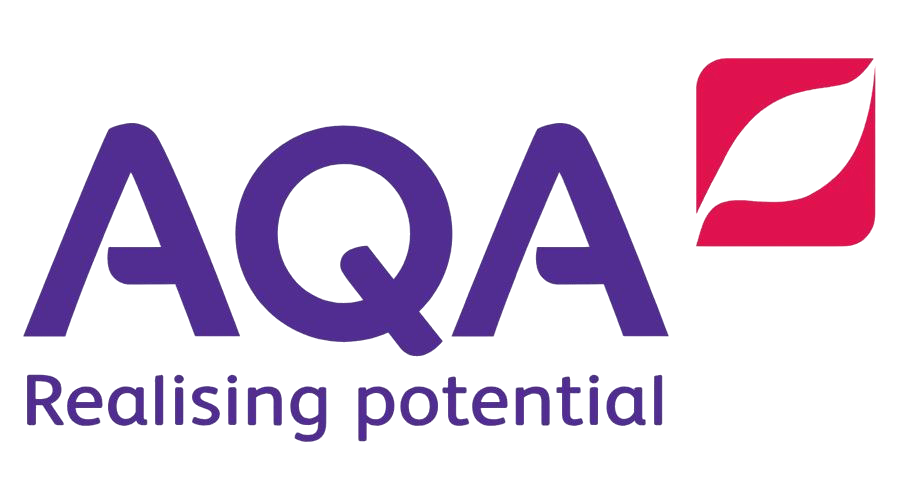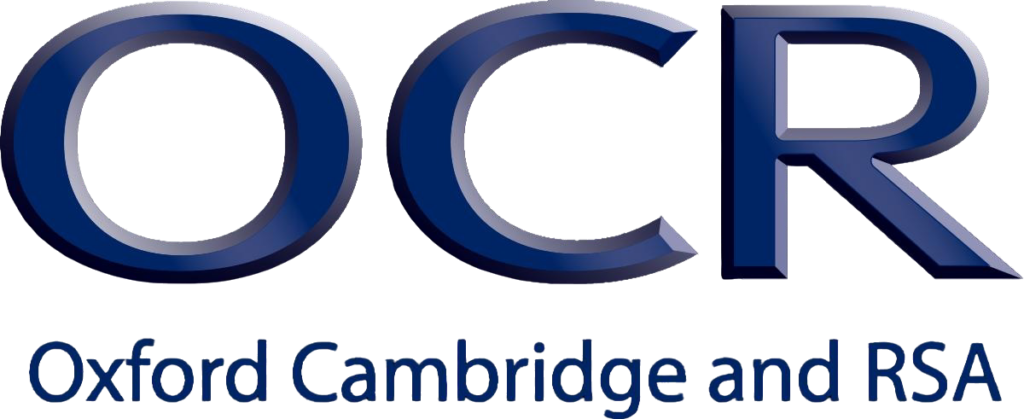Key Stage 4 - Sociology
Secondary school Sociology online
About this course
Sociology
Our course
At Al-Rushd School, Sociology at Key Stage 4 is offered as a full GCSE subject. It provides students with a deep understanding of how society functions and encourages them to question and analyse the world around them. Through a blend of classic and contemporary sociological theory, students develop skills in critical thinking, analysis, debate, and research.
Assessment
Assessment:
Students are assessed through two final written exams, each lasting 1 hour 45 minutes, at the end of Year 11. These exams test knowledge, understanding, application, and evaluation of sociological concepts and methods.
In preparation for the final exams, students are assessed regularly using:
Topic-Based Tests – Short and extended written responses to exam-style questions.
Class Discussions and Debates – To develop verbal reasoning and critical engagement.
Homework Assignments – Research tasks, essays, and vocabulary development.
Mock Exams – Formal internal assessments under timed conditions to build exam confidence.
Students are supported with structured feedback, revision resources, and access to our online school portal and MS Teams, where lesson materials, grades, and progress reports are regularly updated.
Course structure
The GCSE Sociology course follows the AQA specification, covering key areas such as:
The Sociological Approach – Key concepts, perspectives (Functionalism, Marxism, Feminism), and how sociologists study society.
Families – Types of family, family diversity, changing family roles, and sociological views on the purpose and function of family.
Education – The role of education in society, different types of schools, and how class, gender, and ethnicity affect achievement.
Crime and Deviance – Definitions of crime, reasons people commit crimes, and how society responds to crime and deviance.
Social Stratification – Inequality in society related to class, gender, ethnicity, and age; including the concept of poverty and power.
Sociological Research Methods – How sociologists gather evidence, including the use of interviews, questionnaires, observations, and secondary sources.
We integrate Islamic values throughout our teaching, encouraging students to reflect on social justice, responsibility, and ethical behaviour from both academic and faith-based perspectives.
We also encourage students to make connections between these themes and real-life issues in their own communities and the wider world, all from an ethical and Islamic perspective.
Example themes
The Sociological Approach – Key concepts, perspectives (Functionalism, Marxism, Feminism), and how sociologists study society.
Families – Types of family, family diversity, changing family roles, and sociological views on the purpose and function of family.
Education – The role of education in society, different types of schools, and how class, gender, and ethnicity affect achievement.
Crime and Deviance – Definitions of crime, reasons people commit crimes, and how society responds to crime and deviance.
Social Stratification – Inequality in society related to class, gender, ethnicity, and age; including the concept of poverty and power.
Sociological Research Methods – How sociologists gather evidence, including the use of interviews, questionnaires, observations, and secondary sources.
The GCSE Sociology course follows the
Key information
Duration
3 years
Delivery method
Online, real-time classrooms, 24/7 access to curriculum
Start date
September and throughout the year
Exam details
No exams
About our fees
We have several fee packages and options, with differing levels of commitment to suit most circumstances. In most cases parents have the option to pay in instalments, spreading the cost of the investment.
Middle School
Annual Contract - 2024/25- Save 36% when you commit to a year and split the cost with a direct debit. Sibling discount available. Find out more
- £100 one-off registration fee
- £350 per additional subject - 15 extra to choose from
- £500 deposit for UK students (£1000 outside of UK)
- £50 Technology integration fee (yearly)













